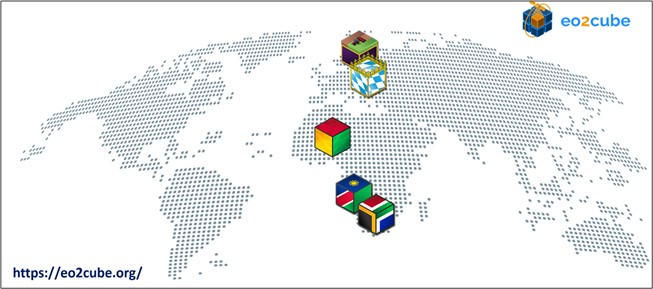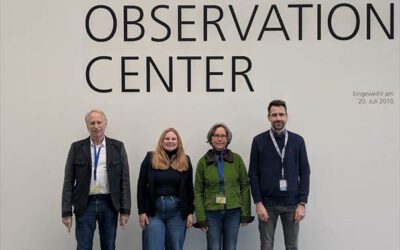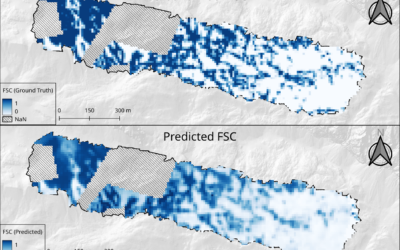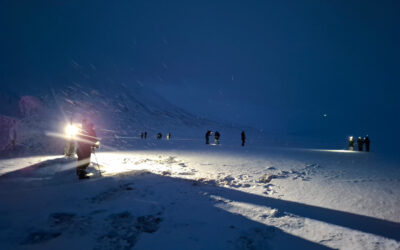The Earth Observation Research Cluster (EORC) invites to a talk by Dr. Insa Otte and colleagues from the EORC (University of Würzburg) and the Department of Geoecology at the University of Halle entitled “Facing the challenges of big data with multi-talented earth observation data cubes“. The talk will be given in presence at the EORC (John-Skilton-Str. 4a) on Wednesday, January 15, starting at 3 p.m. We look forward to seeing you and having an interesting joint discussion. Save the date!
Facing the challenges of big data with multi-talented earth observation data cubes
Insa Otte (1,*), Christoph Friedrich (1, *), Christian Schäfer (1), Johannes Löw (2), Laura Obrecht (1), Jakob Schwalb-Willmann (1), Steven Hill (1), Tobias Ullmann (1), Michael Thiel (1)
1 Department of Remote Sensing | Earth Observation Research Cluster | Julius-Maximilians-Universität Würzburg | Würzburg | Germany
2 Department of Geoecology | Institute for Geosciences and Geography | Martin-Luther-Universität Halle-Wittenberg | Halle (Saale) | Germany
* Presenters
Summary: Digital tools for environmental monitoring cater to a wide application range and require a high degree of functionality and flexibility, while still ensuring user-friendliness. The next generation of data analysis and visualization, and the management and infrastructure of large volumes of EO Data, are cloud-based data cubes. Those are useful and effective tools to deliver decision-ready products to end users. Our data cubes aim to create an innovative data analysis infrastructure, supporting agencies and scientific institutions by reducing the complexity and effort that come with processing big data. Our data cube team presents a versatile platform that not only integrates and processes big geodata of highly diverse origin and types but also provides access to these resources in ways that reflect the individual user’s requirements and expertise. Based on free and open-source software building blocks, our data cubes facilitate scientific computation through R and Python environments or direct API access, including emergent technologies such as openEO, STAC, and COG. At the same time, the results are delivered to easy-to-use applications that adequately present them to non-technical experts. Currently, our data cube team is working on multiple cubes covering regions that are distributed over three continents. Within the framework of our talk, we would like to present and share our ongoing work on those EO data cubes with you.









